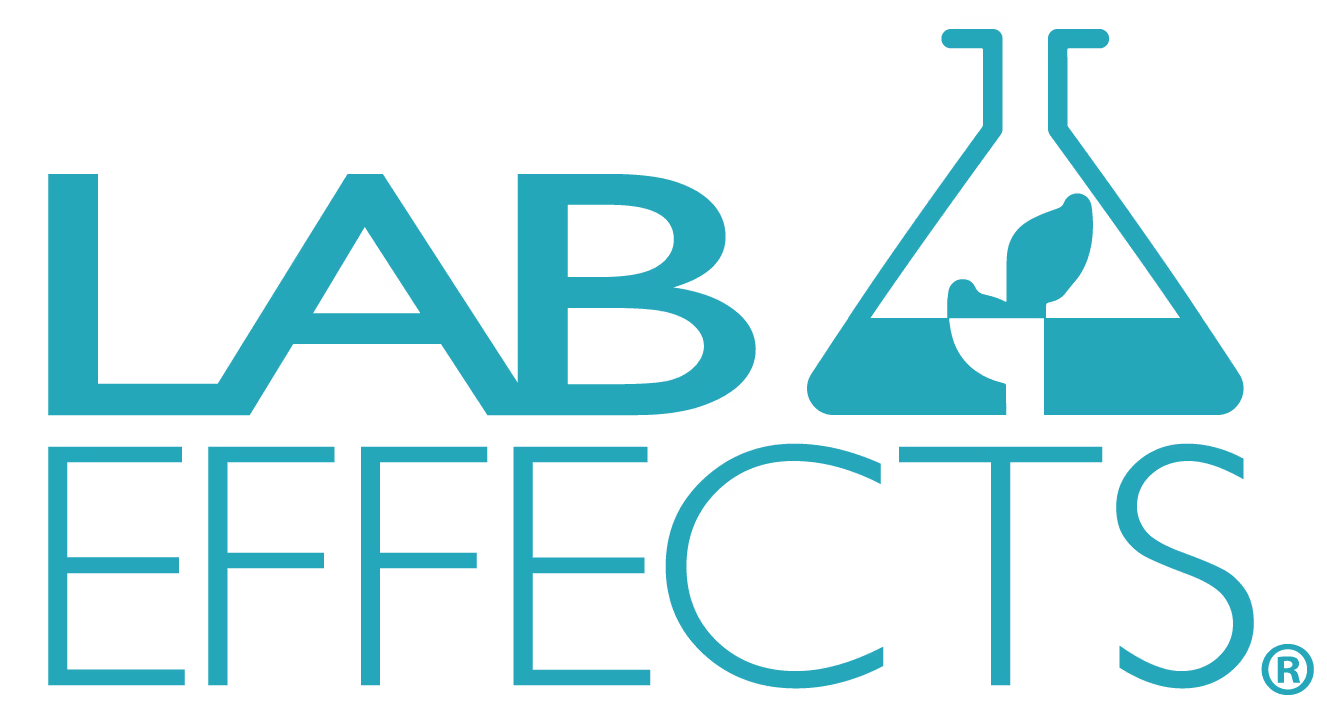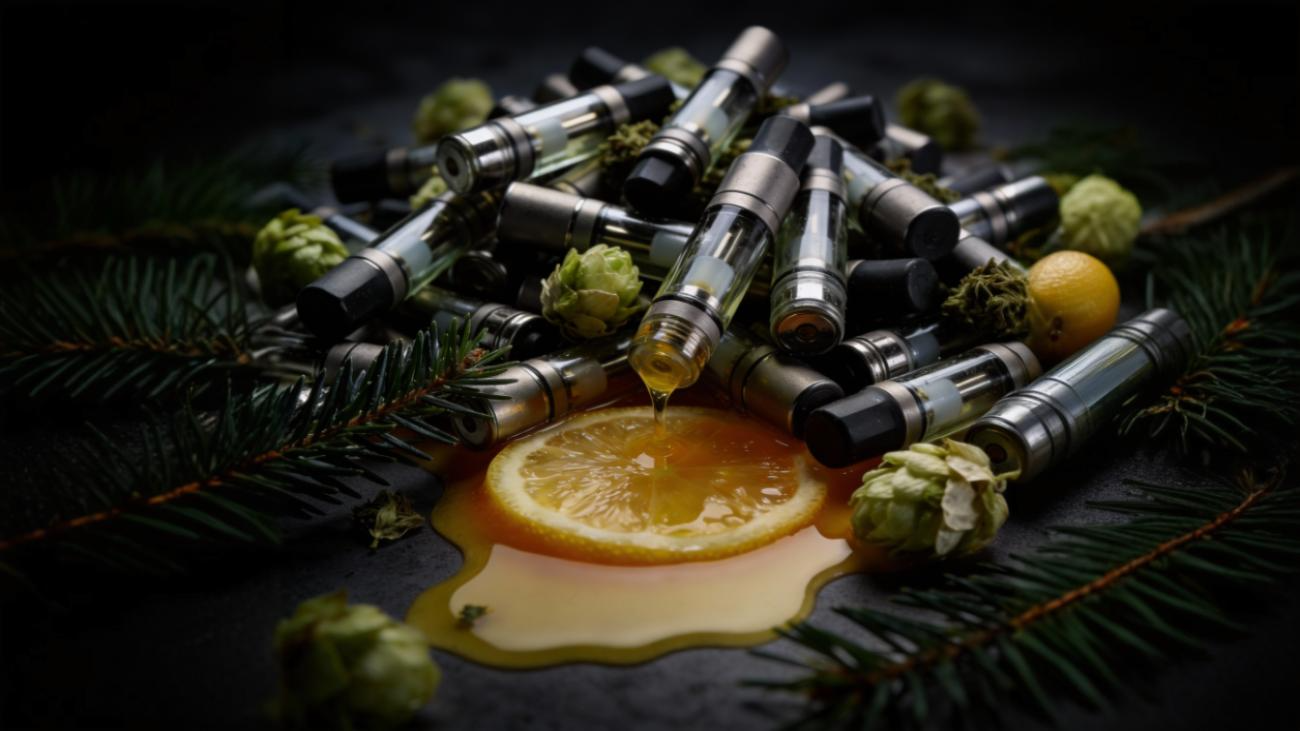Terpene-infused products are popping up everywhere. From terpenes in craft beer to those in vape cartridges and wraps, terpene infusions are designed to enhance flavor, aroma, and effects to deliver a more enjoyable and profitable final product. Let’s take a deeper look.
What Are Terpenes?
Terpenes are unsaturated hydrocarbons built from isoprene units (C5H8). They are the aromatic compounds found in plants, most notably attributed to those with strong scents, such as hops, conifers, lavender, and cannabis. These compounds contribute to scent, taste, and even medicinal or experiential effects.Botanical terpenes are incredible organic compounds that have distinct aromas we associate with specific species. Think pine trees, lemons, rosemary, black pepper, and hops. Cannabis is particularly interesting when it comes to terpenes. As a species, it’s known to produce over 400 terpenes, all of which play a critical role in defining a particular strain’s smell and taste. Each strain contains a unique aromatic signature, leading to one variety smelling fruity while another smells distinctly gassy. A strain's dominant terpenes are why you can likely tell the difference between Jack Herer, Berry Runtz, and Durban Lemonade.Studies of natural terpenes have indicated their ability to work synergistically with cannabinoids, potentiating cannabis's medicinal benefits. Some of the most common terpenes found in cannabis plants are myrcene, linalool, limonene, and caryophyllene. Disclaimer: Terpenes are nonpolar oil-based hydrocarbons that, in pure form, can be very potent and sometimes volatile, flammable, and even corrosive compounds. For this reason, they should strictly be used by experienced and trained manufacturers, and we advise those unfamiliar with these compounds to exercise caution.
What Does Terpene-Infused Mean?
Terpene infusions, at least in the world of cannabis, can be made by adding (or reintroducing) terpenes to the product before it reaches the consumer. This means any variety of terpene formulations, from terpene isolates to botanically derived terpenes to therapeutic terpene blends. In turn, this can significantly enhance the consumer experience, whether just enjoying the added flavor and aroma or boosting the entourage effect (1) created within a host of natural compounds.A few examples of terpene-infused products in the cannabis sector include:
- Terpene-infused rolling papers, including blunts and wraps
- Terpene-infused edibles, including gummies
- Terpene-infused topicals, including bath bombs
Manufacturers can also add cannabis derived terpenes to the final product to restore the original strain flavor and aroma lost during extraction.
What's the point of infusing terpenes?
Terpenes have been proven to provide both therapeutic and experiential effects. Yet, these nuanced effects are often eliminated during extraction, which means the high can fall flat. The point of adding terpenes post-extraction is to reintroduce value from the consumer’s perspective. They’ll end up with a product, whether it's a gummy or a blunt, that not only tastes better but hopefully feels better, too.And while many people are still focused on products with high THC levels above all else, as the market matures, so do consumer tastes. Slowly, people are starting to ask for specific terpene profiles or total terpene content at the retail counter. Terpene infusions are the most current evolution of the cannabis industry, responding to rapidly expanding demands of a more sophisticated clientele.
What Can You Infuse With Terpenes?
Lab Effects’ water-soluble terpenes and flowable powder terpenes expand the product application potential beyond just oil-based delivery formats like tinctures and vapes, allowing the infusion of almost any product with terpenes, easily achieved. With these formulations in hand, the potential for terpene-infused products is virtually limitless, from beverages and topicals, to edibles and cocktails.
Terpene-infused drinks
Did you know hops and cannabis are closely related plant families? This makes sense when you think about the skunky aroma from your favorite IPA. Increasingly, craft brewers are experimenting with adding terpenes into beer, whether it's to boost a hops profile, surprise with a cannabis profile, or dial in another flavor profile. Wine and hard liquors can also be enhanced with terpenes for on-the-fly cocktail creations.
What are terpene-infused wraps?
Terpene-infused wraps, or rolling papers, enhance the flavor and taste of smokable products. Infused wraps are made of special paper treated with the desired terpene formulation to deliver the desired effects. Terpene-infused wraps or rolling papers can be used for cannabis and tobacco products alike, creating an enhanced experience for the smoker. You can match the wrap to your favorite cannabis strain or develop your own terpene combinations for maximized therapeutic benefits.
Terpenes in vapes and vape carts
Infusing vape cartridges, or “carts,” with terpenes once again enhances and improves user experience by delivering a full-bodied aroma and enhanced flavors to whatever’s in the cart. You can tweak your terpene formulation to emphasize a strong citrus or berry taste, add punch to a skunky diesel smell, or strive to dial in the therapeutic effects of your vape solution.
How Much Should You Infuse? Terpene Infusion Percentages
Creating a terpene-infused product is defined by the type of cannabinoid you’re using (if any), what kind of product you are formulating, and dosing considerations. For example, the percentage of terpenes you use will be much lower for a sublingual tincture or a topical cream than for a vape cartridge.Cannabinoid content is particularly important to the final terpene percentage. If you're creating a CBD vape, you’ll need to take into account that this particular cannabinoid crystalizes when you reach more than 50 percent purity (in one atmosphere). Your formulation will need to rely on other cannabinoids, terpenes, or a natural diluent like The Cut™ to control both crystallization (crashing) and viscosity, all without changing the taste and aroma or compromising quality and safety.At the most basic level, if you're adding terpenes to a distillate, you’ll want to start with a formulation of one (1) percent to three (3) percent added terpenes, and adjust up according to preference. If you’re enhancing vape carts, you can amp up the user experience by increasing to three to seven percent terpenes. If you’re really looking to pack a flavorful punch, you might go as high as 10 to 15 percent terpenes. Lab Effects can help guide you through what terpenes and percentages you need to achieve your formulation goals. We can even help you develop your own customized natural terpene flavors.
Terpene Infusion FAQs
Do terpenes show up on drug tests?
No. Terpenes are chemical compounds that are not controlled or banned in any way. Drug tests don’t look for terpenes, so they won’t appear in the results.
Will terpene-infused products make me high?
Again, no. Terpenes may have minor psychoactive effects on their own, and they can synergize experiential effects, (2) such as relaxation, stress reduction, and energy, when added to a cannabinoid product — but you won’t get “high” from terpenes alone.
Do terpene-infused products have health benefits?
Scientists have researched many therapeutic terpenes and found them to have beneficial effects. These health benefits are driven by the terpenes’ anti-inflammatory, analgesic, antiemetic, antifungal, anxiolytic, antidepressant, and antioxidant properties.
How do you find quality terpenes?
Ensuring that your terpene supplier focuses on providing targeted profiles consisting of pure, natural terpenes is crucial for the quality of your end product. Many “terpene” vendors sell HTE (high-terpene extract), a manufacturing by-product from cannabis extraction that typically contains measurable amounts of cannabinoids. Although some consumers may seek this out for reasons of basic familiarity, in the commercial terpene space HTE is very low quality material. As mentioned, it is nothing more than an uncontrolled by-product of a completely different extraction process and unusable by most professional manufacturers who need to control their products’ cannabinoid and terpene levels to precision. Cannabis product development requires an incredibly high standard of quality, consistency, and safety. Your terpenes should not contain any surprise compounds, especially not surprise THC.
Get High-Quality Terpenes From Lab Effects
Lab Effects assists companies seeking to create unique terpene-infused products by:
- Providing guidance on the percentage of terpenes appropriate for any given product
- Creating any and all imaginable terpene combinations and formulations
- Managing the entire manufacturing process under a private label if desired
Lab Effects terpenes never contain VG, PG, PEG, VEA, Squalene, Squalane, MCT, synthetic odorizer flavorants, or other chemical adulterants. Order your terpenes wholesale from Lab Effects today!Lab Effects is cGMP-certified, ISO 9001-certified, HACCP-certified, FDA-registered, and ANAB-accredited.
Sources

.jpg)


